
32 and My Horse
Ernie Bailey, PhD, believes consumer genetics companies could be valuable to the horse industry. Here’s why.

Ernie Bailey, PhD, believes consumer genetics companies could be valuable to the horse industry. Here’s why.

Rubinson studied whether deworming horses at the same time as vaccination would affect vaccine efficacy.
Equine sessions will cover a range of issues from the Kentucky horse industry to court cases on industry regulation.

Lecture topics include weed control, how to re-establish pastures, and plants that are poisonous to horses.
Seminar topics include performance horse nutrition, pain management, joint therapy, lameness, and more.
To date, the program has performed 160 evaluations representing over 30,000 farm acres in 20 counties across the state.
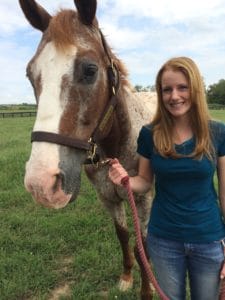
Fowler’s main research focus involves investigating what affects horses’ phosphorus excretion.
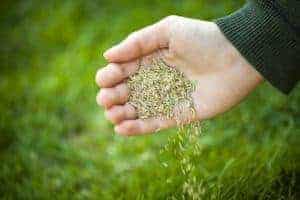
Overseeding horse pastures can help improve pasture production, forage quality, and ground cover. Here’s what to know.
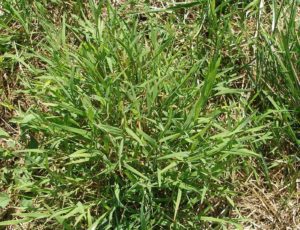
Horses and other animals rarely consume nimblewill, so the plant often persists in pastures.
Claes’ research is primarily focused on anti-Mullerian hormone (AMH), which is produced exclusively by the testes or ovaries and secreted in the circulation of mares and stallions. AMH plays an important role in male and female reproduction.
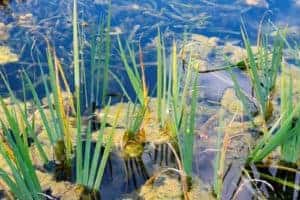
Many animals that ingest blue-green algae toxins die suddenly, but some can recover.
The University of Kentucky’s College of Agriculture has several equine-related pages on Facebook and Twitter with the latest news and events information. Stay up-to-date with the latest happenings by following their activity on their pages.
On May 8, the Cooperative Extension System celebrated the 100th anniversary of the signing of the Smith-Lever Act, which established the service.
The University of Kentucky Gluck Equine Research Center will host the 66th Annual Midwestern Conference of Parasitologists from June 5-7.

The crowdfunding project, “Let the germs get the worms: Testing a novel probiotic compound for treatment of equine parasites,” began in January and has raised more than $8,000 so far.
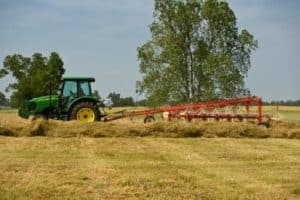
Now is the optimal time for Kentucky forage producers to cut hay to ensure they get good quality and yield.
Stay on top of the most recent Horse Health news with